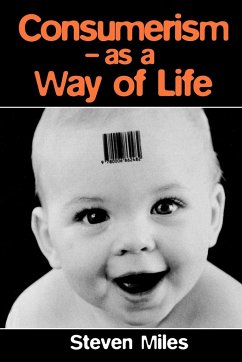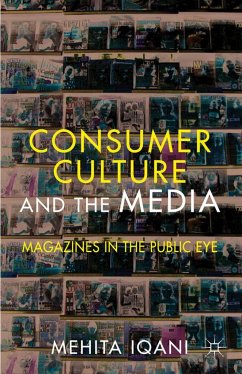
Embarrassment of Product Choices 2
Towards a Society of Well-Being
Versandkostenfrei!
Versandfertig in über 4 Wochen
160,99 €
inkl. MwSt.
Weitere Ausgaben:

PAYBACK Punkte
80 °P sammeln!
Product information is excessively commercial and technical. There is no single best product for all, and the price/quality ratio can be deceptive. Word of mouth is growing with opinions shared on the internet. This book calls for the reinvention of a new economy based on real requirements, not only for profit or "technology" but for qualities of use and the environment. A product's use is its purpose. An innovation must always be an improvement to qualities of use. The emergence of new technologies, such as connected objects and the autonomous car, form a new trap for innovation, and progress...
Product information is excessively commercial and technical. There is no single best product for all, and the price/quality ratio can be deceptive. Word of mouth is growing with opinions shared on the internet. This book calls for the reinvention of a new economy based on real requirements, not only for profit or "technology" but for qualities of use and the environment. A product's use is its purpose. An innovation must always be an improvement to qualities of use. The emergence of new technologies, such as connected objects and the autonomous car, form a new trap for innovation, and progress has been limited to the perfection of technique. Marketing must no longer confuse the consumer (the customer) and the user. Complete with methodology for the reader to follow, this book describes how the ecology of use can become the main wealth of an economy based on quality of life and well-being.













